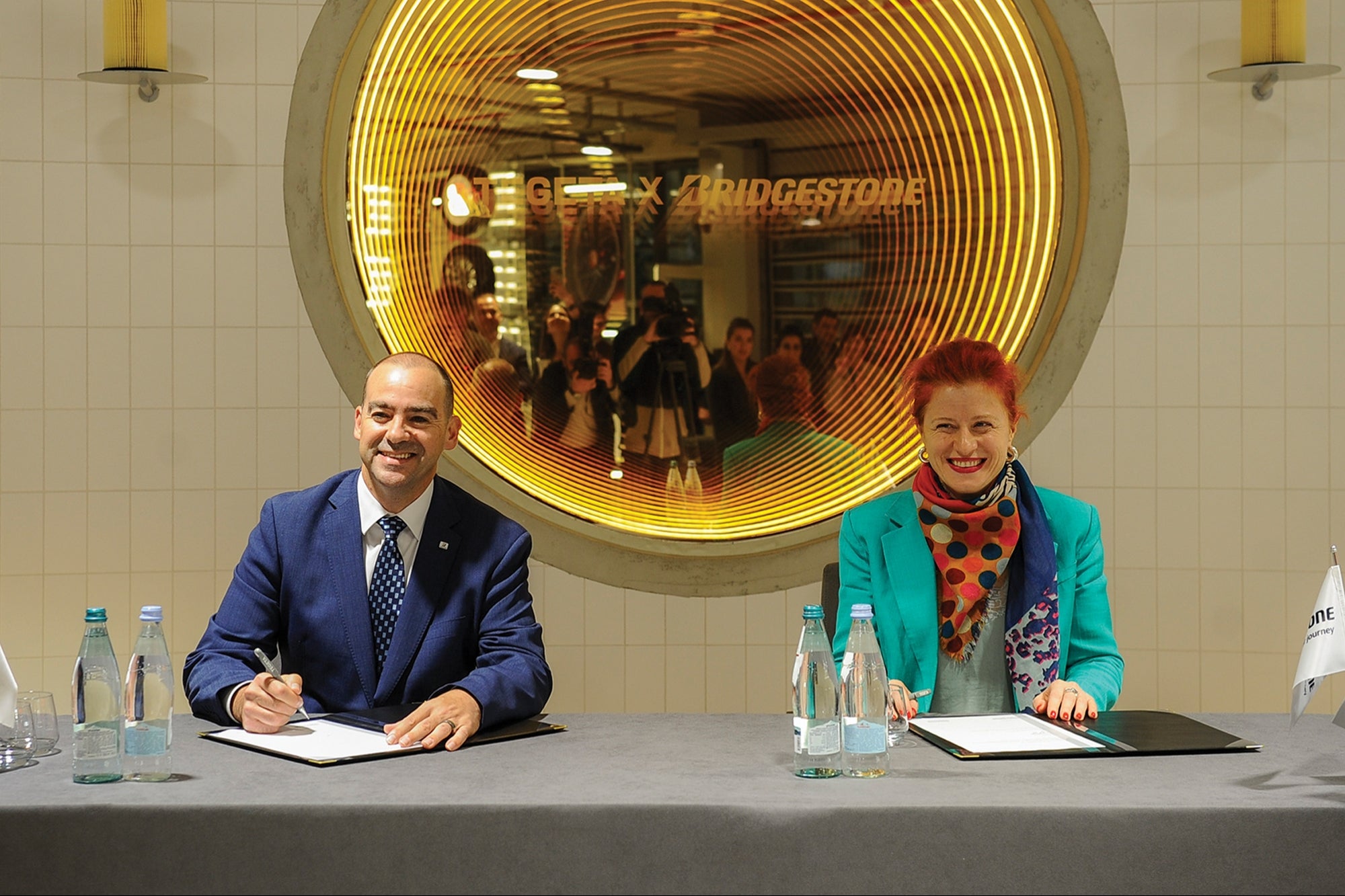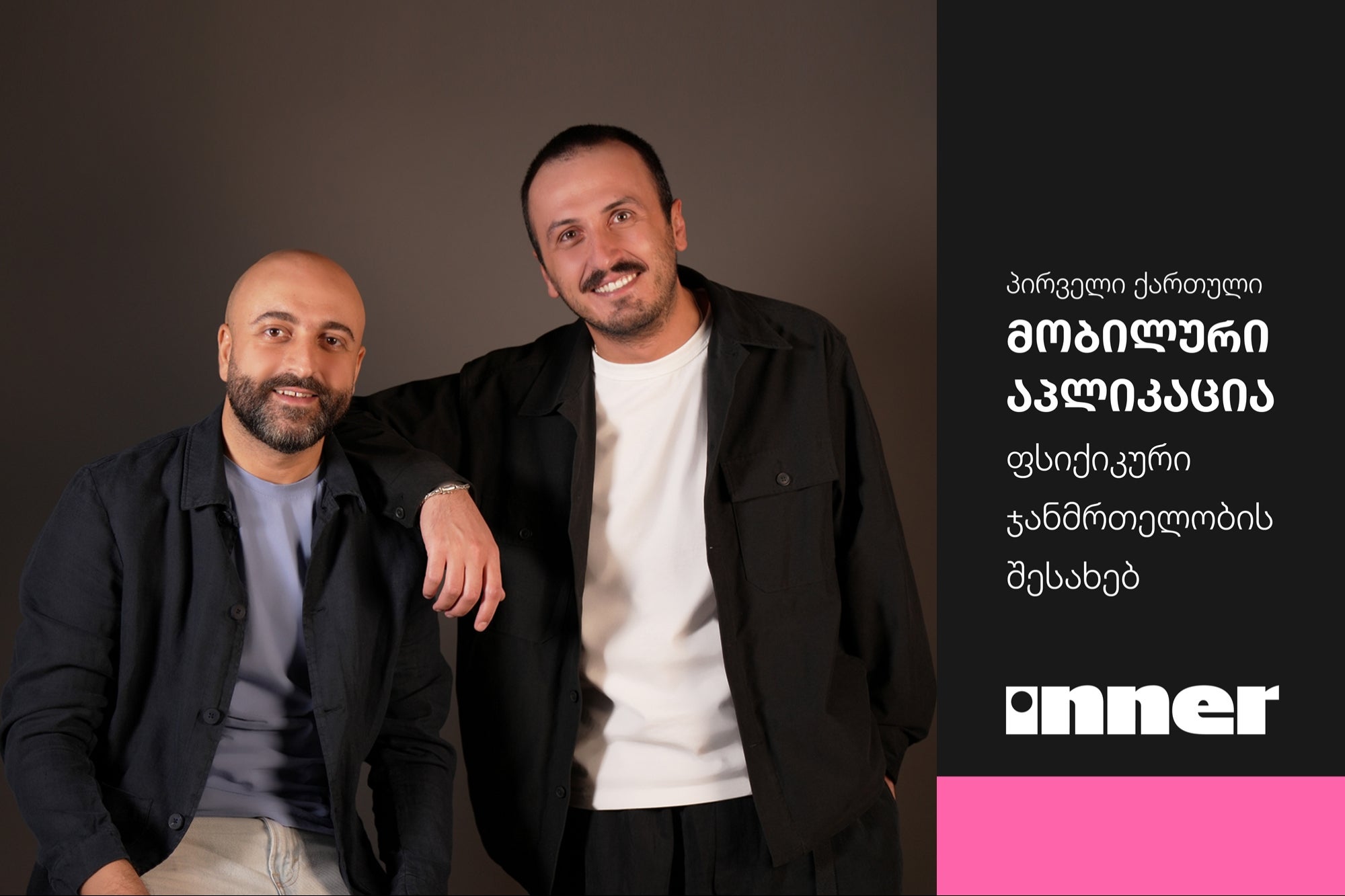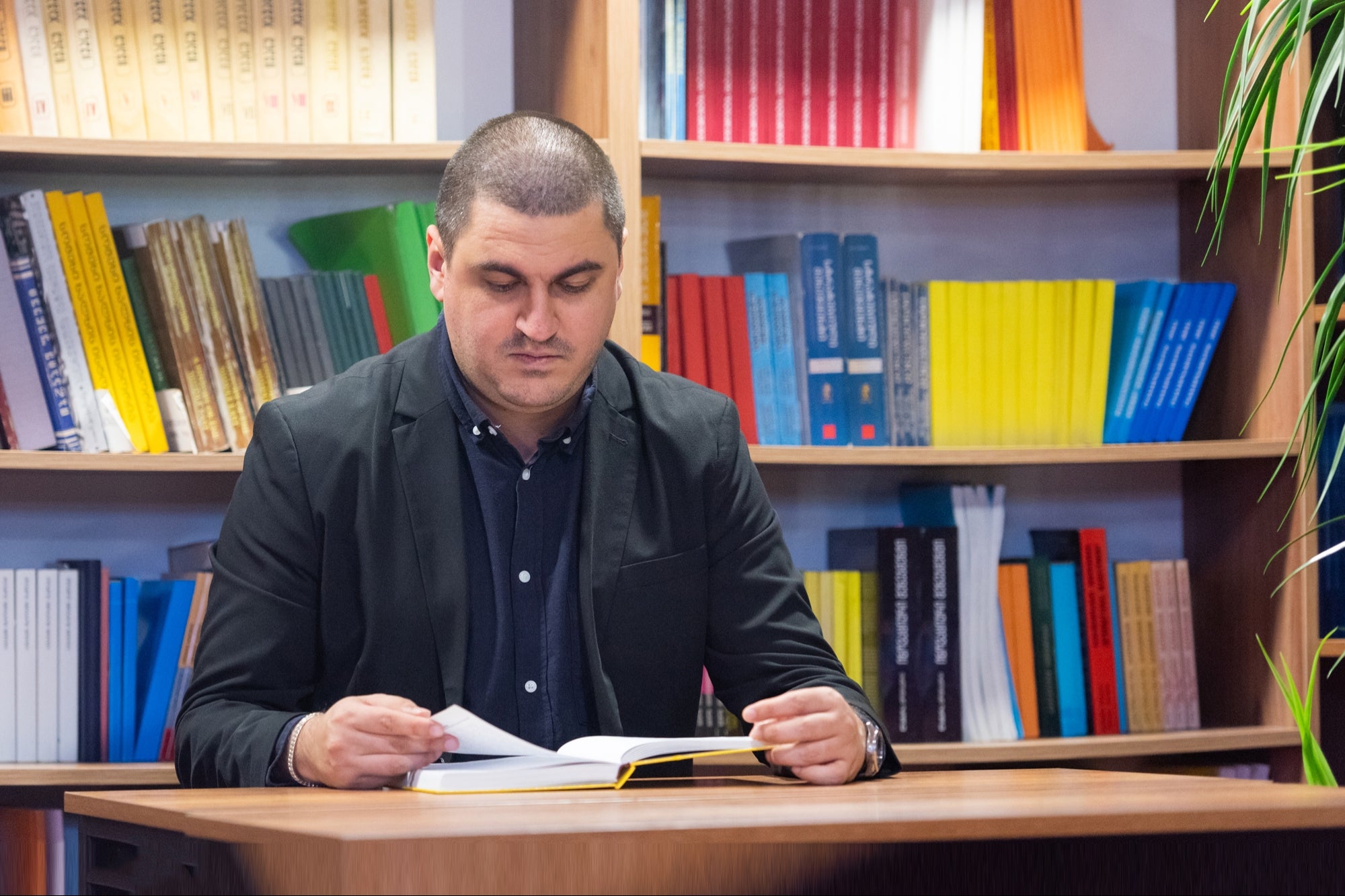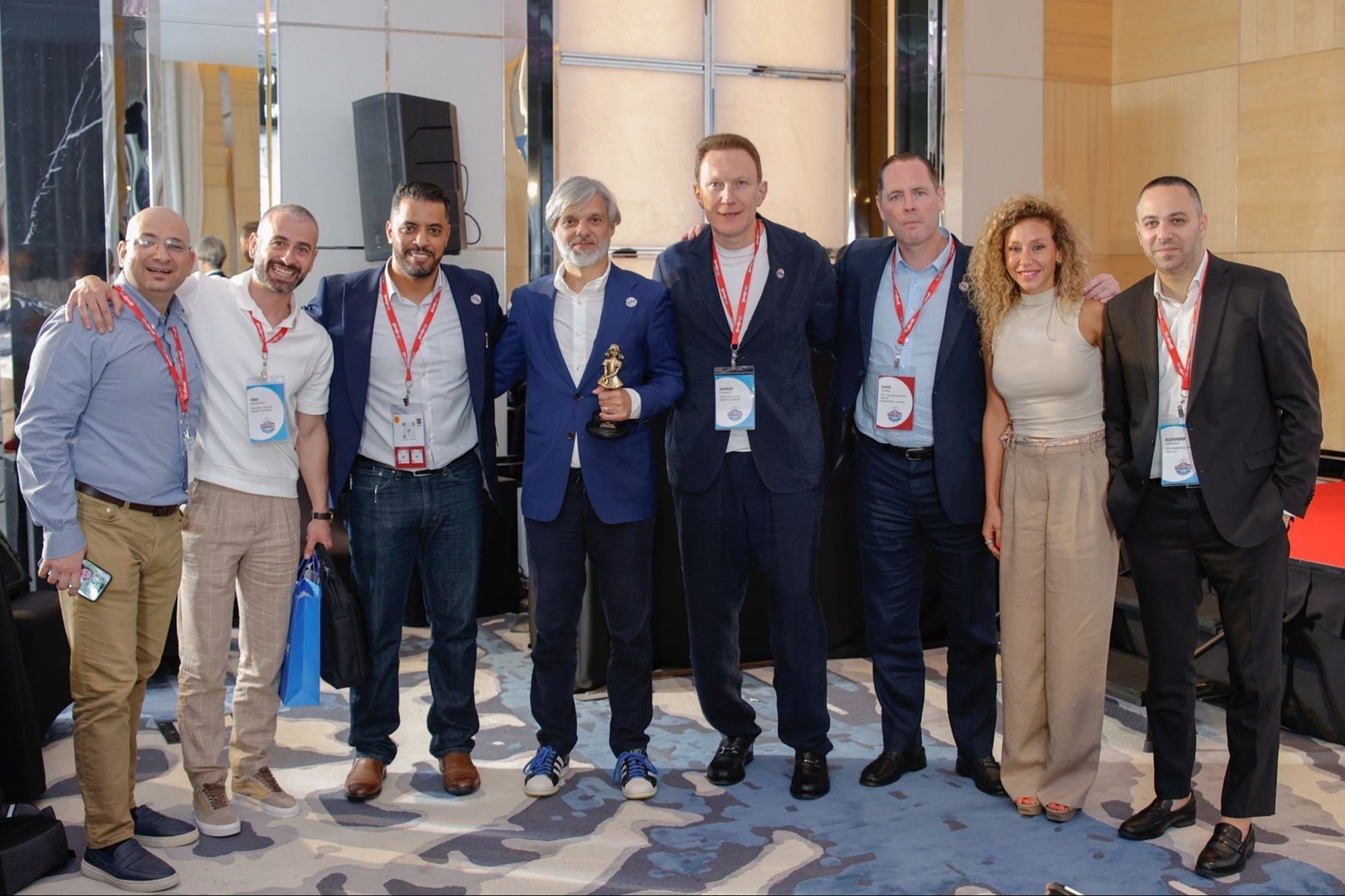Why Ethical Business is Good Business, According to Philanthropist Businessman Igor Makarov
By Anne Schulze
Opinions expressed by Entrepreneur contributors are their own.
You're reading Entrepreneur Georgia, an international franchise of Entrepreneur Media.

In the heart of Limassol, a park stands where children play, families gather, and the community thrives. This park, sponsored by Igor Makarov together with other business leaders, is more than just a recreational space; it symbolizes what ethical business can achieve. For Makarov, the park is a tangible representation of his belief that companies should profit and give back. As numbers often grab headlines, Makarov's approach to business offers a refreshing perspective.
Born in Ashgabat, Turkmenistan, and now a Cyprus national, Makarov's journey from a world-class cyclist to a successful entrepreneur and philanthropist is inspiring. His commitment to ethical business practices is deeply rooted in his personal experiences and values, enabling him to lead with excellence for years and carve his position in the business world.
The Blueprint of an Ethical Business
Makarov's perspective on corporate conscience is both profound and refreshingly pragmatic. For him, it's not just a trend but an intrinsic part of how businesses should operate. Drawing from his professional experience, Makarov believes companies have a dual responsibility: to their shareholders and the communities they touch.
The Cyprus businessman firmly believes in implementing high-level standards that delineate morally right from wrong conduct in business. It's not merely about adhering to the law but embracing its spirit. He understands that a company's true strength lies in its people, and thus, ensuring that his employees and partners operate in the best, ethical, and optimal working environment is paramount.
He mentions, "It should go beyond mere compliance but fostering a culture where integrity is the cornerstone, where every decision is carefully weighed, ensuring all the rights of every individual are upheld and respected."
For Makarov, profit is not the sole endgame of business. Instead, it's a means to a larger end, where companies act as stewards of societal progress, ensuring their actions uplift, empower, and sustain. Although Corporate Social Responsibility or CSR has been in the game for years already, its importance has grown with many businesses and consumers becoming aware of their purchasing decisions on the environment and other sectors of society.
Numbers back this statement. Harvard Business School Online mentions, "77% percent of consumers are motivated to purchase from companies committed to making the world a better place, while 73% of investors state that efforts to improve the environment and society contribute to their investment decisions."
Makarov says these numbers recognize how people understand the businesses' power to shape narratives, influence cultures, and transform lives. At the same time, businesses' strategic decisions are now made with a keen awareness of their immediate and long-term ripple effects.
Why Pursue Ethical Business?
When asked why businesses should care about ethics when the primary goal is to make a profit, Makarov answers, "Ethical business is a sustainable business in the long run."
Profit cannot be sidelined. However, balance sheets and revenue do not foster trust among consumers, stakeholders, and the community; it is the positive impact and enduring values. Consumers are now more informed and discerning and choose to align themselves with businesses that reflect their values.
Makarov emphasizes that ethical business practices are not just moral choices but strategic imperatives that drive customer loyalty, employee engagement, and market differentiation. He explains that the pursuit of profit and ethical business are not mutually exclusive but interdependent. A company grounded in ethics enhances its resilience, adaptability, and innovation, which are integral to long-term profitability and growth.
However, Makarov also understands that ethical businesses are not always practical. As companies operate in a competitive environment, tough decisions sometimes must be made. In this narrative, the expertise of business leaders plays a vital role. It is an opportunity for them to examine the business, find areas for the perfect balance, and collaborate with other organizations and businesses. In return, companies expand their network, build new connections, and, most importantly, learn to be adaptable and resilient.
The Hunger for More
Makarov's ARETI International Group is a shining example of his values in action. The company's investments are not just financially sound but also socially responsible. From funding clinics for autistic adults in Miami to supporting children's hospitals, Makarov's business ventures consistently reflect his commitment to ethical practices.
In all these, the Cyprus businessman and philanthropist was also able to continue his love for cycling, this time by empowering young cyclists through his Swiss-registered professional cycling team, KATUSHA, one of the most successful teams on the World Tour from 2008 to 2019. With his companies, which funded KATUSHA and supported many UEC federations for many years, he championed the spirit of sportsmanship and love for cycling that underscored his belief that businesses can, and should, be forces for good.
As 2030 approaches, Makarov envisions doing more. As ethical and CSR methods continue to gain value among stakeholders and consumers, he looks forward to building more ethical business practices that will address broader global challenges, from climate change to social inequalities.
Being in this business for years, Igor Makarov shares a lesson, "It's not just about donating money. It's about integrating ethical practices into the very fabric of the business. From supply chain decisions to employee welfare, every aspect of the company can and should reflect ethical considerations. Imagine the world we can create if ethics flow from major players down to the smallest unit of our society."









